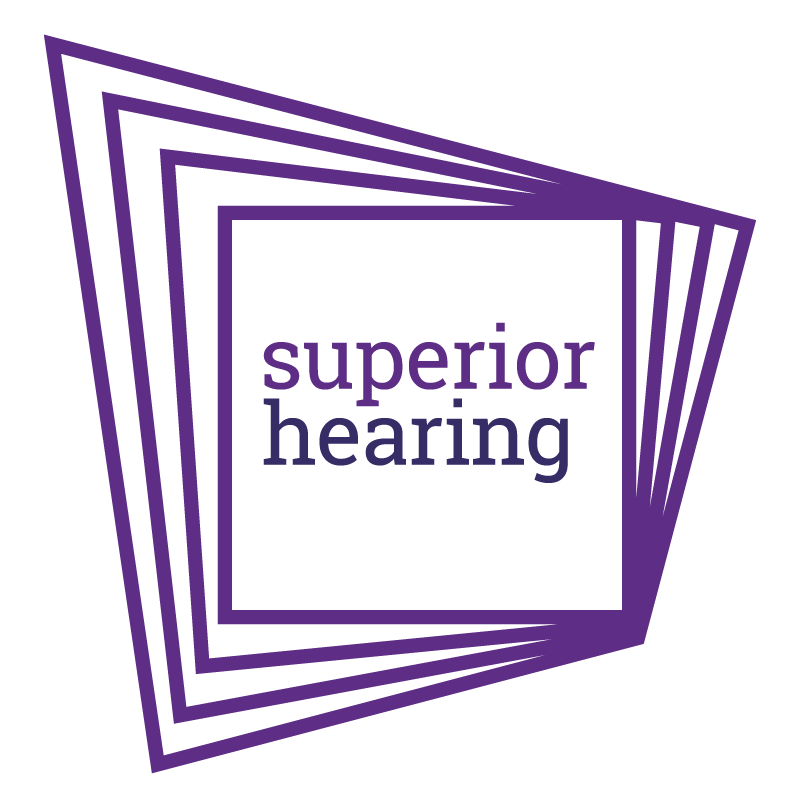Tinnitus
What is tinnitus?
Tinnitus is the perception of sound in the ears/head in the absence of an environmental sound source. The sound is commonly described as a ringing, hissing, buzzing or humming, although other descriptors may be used.
Two types of tinnitus:
Most commonly, tinnitus is subjective, meaning it is only heard by the individual with tinnitus. This type of tinnitus can arise due to problems with the outer ear, middle ear, inner ear, or nerve pathways that send sound to the brain.
There is also a less common form of tinnitus called objective tinnitus. This form of tinnitus can be heard by a professional upon examination and usually arises from a structural issue within the vascular system or within the middle ear bones and muscles.
Causes of tinnitus:
Often, pinpointing an exact cause of tinnitus is not possible. Some of the identified causes of tinnitus include age-related hearing loss, damage to the auditory system through noise exposure, changes to the bones of the middle ear, head and/or neck injuries, use of certain antibiotic and cancer treating drugs, and more rarely, blood vessel disorders or acoustic neuromas.
Treatments for tinnitus:
If you have tinnitus you should have your hearing assessed by a professional. The majority of individuals with tinnitus have some degree of hearing loss and identifying the degree of hearing loss is an important part of the treatment process. The hearing test can help to identify or rule out potential causes of tinnitus. The hearing health care professional will also determine whether a referral to an Ear, Nose and Throat (ENT) doctor is required for further testing and/or imaging. Through this assessment, the most appropriate treatment can be determined.
For individuals with hearing loss, identifying and appropriately addressing the hearing loss can reduce the perception of tinnitus. Other potential solutions include, avoiding silence by using sound generating devices, reducing stress and practicing mindfulness, and protecting oneself from exposure to loud sounds.
It is important to see a professional to determine an individualized approach. One of the professionals at Superior Hearing will be happy to help!




